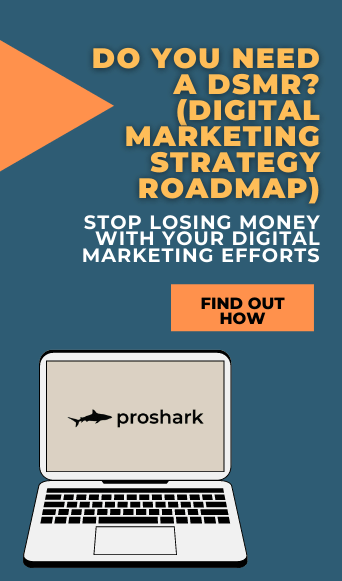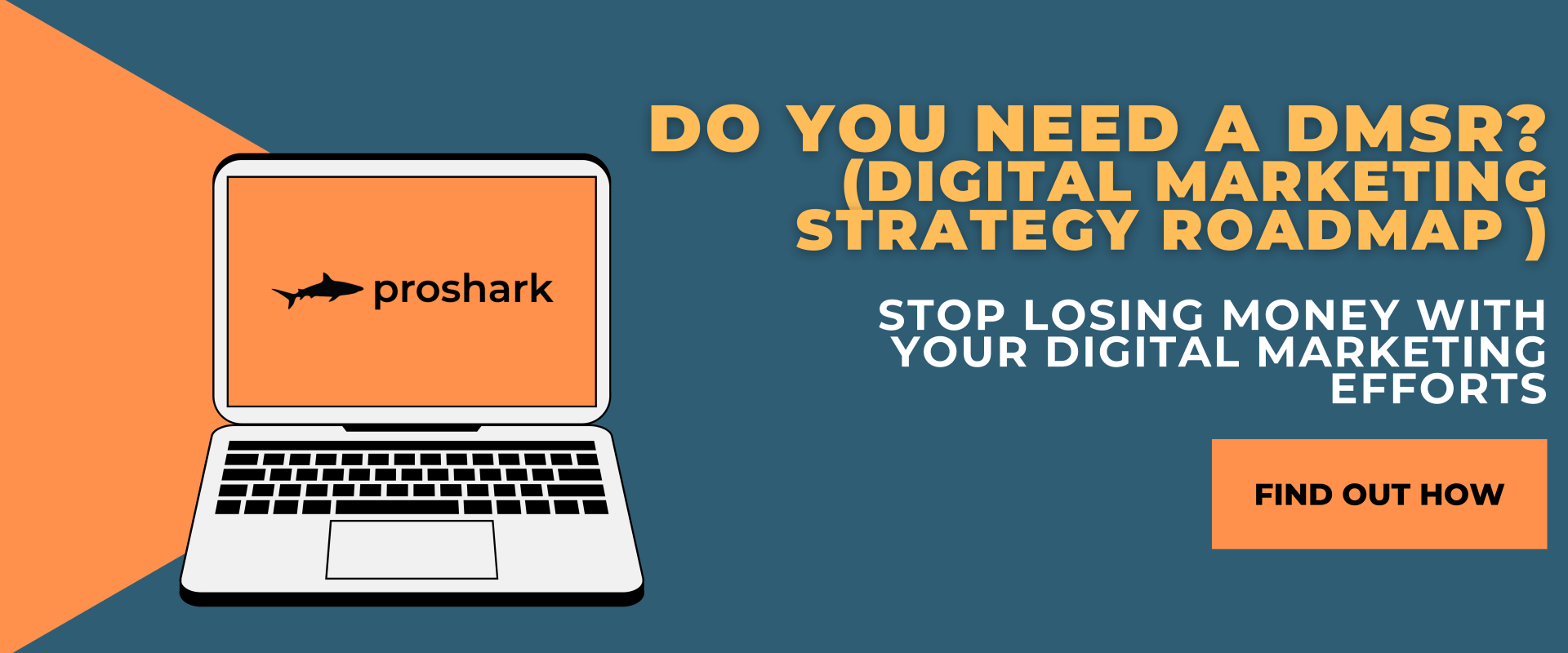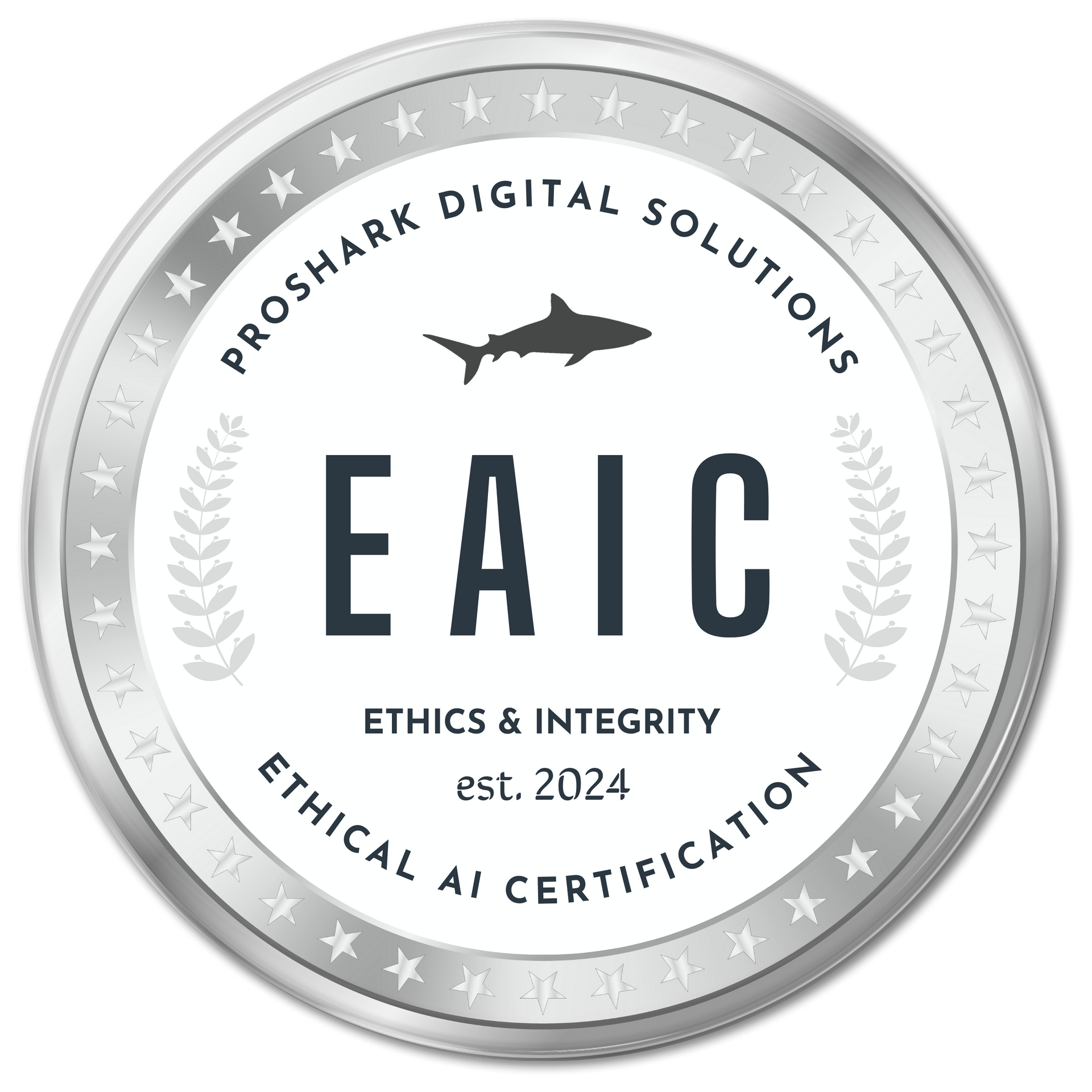The New Era of Digital Marketing and What It Means for SMB's
Public Policy on Privacy and How It Will Impact Marketing
While it seems that privacy is just now having an impact on digital marketing in the United States, the move towards privacy has been gaining steam to the chagrin of advertisers, marketers, and agencies ever since the enactment of the GDPR in the EU back in April 2016. Since the beginning of the Internet, there has always been policy surrounding protection of privacy on the web. It was loosely framed and rarely enforced until the European Union took a far more drastic approach to privacy protection with the passing of the GDPR. In fact, this move became the genesis of a renewed effort toward global privacy enforcement. The GDPR (General Data Protection Regulation – European Union) is a set of regulations they passed enforcing strict guidelines for the use and collection of personal data. Any company doing business in the EU must follow all GDPR regulations. Out of the actions that have been taken stateside, the most notorious move to privacy in the United States came with the highly publicized CCPA (California Consumer Privacy Act – California, USA) enacted in June of 2018, replacing the Consumer Right to Privacy Act, a more vague and flawed version of the CCPA.
Both the GDPR and CCPA have yet to be enforced to a Draconian level, but things are constantly moving in that direction.
These laws, supposedly for the purpose of protecting consumers, in reality are tools in the belts of each respective government that can be used under the guise of privacy protection for the purpose of going after any company doing business online. Understanding the market was in the direct path of a push to privacy policy, this is where Proshark, and other “knowledgeable” agencies, began pushing the concept of “Community”. Operating within a sphere of known individuals and companies collectively pursuing a goal of conducting business primarily within groups or associative collections of individuals and businesses.
Utilizing resources on a collective basis is the best and only way to circumvent the need to succumb to privacy policies coming down the road.

This push to community began before the passing of the CCPA in 2018 because the writing was clearly on the wall with regard to where the United States and therefore, the major tech players were heading.
The problem is that too many businesses and agencies got caught behind the curve and are now either scrambling to catch up or declaring the billions they have spent on ineffective marketing as a sunk cost.
Today, as two of the most prominent tech companies in the US begin changing the way American companies market to their consumers, we are seeing only the beginning of a paradigm shift.
The current trends are just the tip of the iceberg. More and more tech companies will fall into line as this shift continues to gain momentum. The end result is definitely in favor, by default, of consumer privacy.
The fallout to the digital marketing world will be significant for those who are not prepared.
What used to work yesterday for generating marketing ROI, will not effectively work tomorrow.
What does this mean for agencies?
The number of agencies over the past five years has exploded. The most aggressive ramp up during the COVID period of 2020 to 2021. When labor markets shifted and people needed to find a job. Many businesses were founded or moved online, leading to a tremendous need for digital marketers – those who knew how to market to the online consumer. Much like when real estate markets heat up, everyone and their mother becomes an agent and an expert in real estate. The same is true of digital marketing. Everyone moved to the new money and everyone became a digital marketing expert overnight.
So what is the problem with the oversaturation of marketing “experts”?
The problem is twofold. First, the majority of digital marketers are not experts. They won leads and accounts by default, but businesses eventually found out the hard way that most digital marketers could not get themselves out of a paper bag with paid ads. Add to that the absurd amount of sheer “noise” in the marketplace. The amount of emails, ads, communications, paid ads, retargeting and other means of connecting, and Marketing Return on Investment can’t help but drop significantly. Second, Digital marketers, at least the inexperienced ones, don’t know what to do so they continue with the same methodologies in a dying landscape.
"At the end of the day, more
'noise' will not win."
Work with agencies that understand the digital marketing landscape.
Finally, develop a Marketing Strategy with an agency that understands the importance of a surgical approach in today’s market. Your strategy is more important than ever in this changing environment so find an agency that will dig into your business to truly understand it and then make recommendations customized to your specific requirements. This way you will not waste your time or your money, because many of the techniques that worked even last year are no longer viable.
Where is the Proof of this great marketing transformation?
This all sounds like great theory, but where is the proof that things are changing? This is a valid question and one that is easy to answer. If you need evidence that the rug is getting pulled from under your feet, simply take a look at what the major players are doing that will negatively impact online advertising. This is what we call “Doomsday Marketing”, not because marketing is dead, but because the fallout resulting from the changes below and those to come shortly will drastically reduce the number of digital marketing agencies and drastically reduce effectiveness of online efforts to reach consumers. That is, unless you are prepared.
Who pays the price of ineffective marketing agencies?
Companies trying to sell their products and services using methodologies that have not adjusted to a changing market.
What can your business do to thrive in this new reality?
Shift your thinking and create a mid-term (1 year) specific Marketing Strategy.
Don’t know how?
We can help.
Coming back to “Community”, this will be the keyword for the rest of the 2020’s and probably beyond.
Work to build or enter a known sphere of business with a common purpose or goal in order to build a following loyal to your product or service.

iOS 14 Pixel Apocalypse
One of the most recent public changes was the adjustment to the privacy rules by Apple. This is where Apple made it a requirement that their consumers must actively allow tracking and activity sharing before Apple will allow pixels and cookie tracking on an iOS device.
What does this mean for marketing?
Because most people will not allow this type of tracking by choice, ads like FB retargeting become useless since no pixel can be placed to track a user’s behavior. Impact: FB and other pixel tracking technologies no longer provide the ROI necessary to justify expenditure on FB ads. This means advertisers are looking for any means possible to reach their target markets with initial and retargeting ads. Intuitive agencies have come up with multiple solutions to address this issue and they work with their clients to develop the most effective resolutions.
Google Ecosphere
While Apple changes are the most broadcast in terms of public knowledge, the more dangerous megalodon lurking in the waters is Google. Apple is overt and well-publicized while Google is making smaller, more insidious changes that are designed to improve their ecosystem as much (if not more) than protect the privacy of their consumers.
Google Android
Google is soon to follow suit with iOS on android platforms in regard to pixel and cookie tracking. While Apple is doing this for the sheer privacy protection of their consumer, Google is doing this with a dual purpose in mind. First is their pursuit of privacy, but more importantly for them is the control of their advertising ecosphere and the business oriented participants on their system. With regard to privacy, Google is cracking down on advertisers for more control of advertising, plus they are projected to come out with their own privacy adjustments shortly, to follow suit with iOS. There is a great deal of activity surrounding Google in addition to their privacy changes. The most important is FLoC (Federated Learning of Cohorts).
Google FLoC (Federated Learning of Cohorts)
We have been saying over the last few years that “Community” will become the most effective advertising methodology for the next decade. FLoC or Federated Learning of Cohorts is the proof of this concept in that this Google initiative is the first in the rollout of policies to move away from pixel and cookie tracking of private consumers (at least by advertisers). Google has long had the cohorts link in their GA (Google Analytics) platform, but now they will use it to overshadow their pixel and cookie tracking efforts. What does this mean? It means that they will, for the first time, focus more on “Community” than technology in delivering a view of consumer activity and journey. This is a major shift in their external philosophy of KYC (Know Your Customer) from the technology side of the fence, but it is also a means for them to control the privacy narrative and enforce policies that increase dependency on their platforms. If they use cohorts as an algorithm measurement, then how will you be able to use anything other than their platform to rank on Google. All they have to do next is charge for it.
Google Advertising – Censorship of a Platform
As Digital Marketers, we have always known the dark side of Google. Like Facebook, they have an extremely subjective side to their ad bans and what it means to violate advertising policy. Many of their restrictions are unbiased and objective, but many of them are not and determination of violation is left to the discretion of an individual, who may or may not subjectively determine that your ad violates a policy. We are not worried about the rules that are easy to follow, but what about the ones where there is room for interpretation? If you fall on the bad side of that determination and ultimate ban, you could always go back and make adjustments and rerun again. Starting September of 2021, Google is implementing a 3-strike rule. Three bans and you are out as an advertiser. This conveniently makes it much easier for Google to force everyone to operate within their confines and strictly according to their advertising definitions. Effectively, their platform will be censored to the products and services they feel are appropriate and nothing else. Also, remember, this is the first move to restricting ads on the biggest platform in the world.
So what’s the next step for Google?
Limiting what will show in search results based on category and content. Whoever does your digital marketing will need to know these waters like the back of their hand to help you navigate. What many companies don’t realize is that dependency on digital marketers will become much greater as more and more business ad accounts get permanently banned.
Google Ranking Algorithms
The last item we need to discuss involves where Google is going with regard to ranking and the highly secretive world of the Google algorithm and their Core Updates. 2021 was a really big year in the world of Google Core Web Vital updates. The two primary categories for the update include Page Experience and Core Web Vitals. To break it out into basic terms, Google is moving much faster and farther to the mobile platform. So much so, that they are now penalizing sites that do not perform well on mobile. New Paragraph
What does this mean for businesses?
It means that Google is declaring war on the biggest web development platform in the world. Google will focus on responsiveness to mobile design, but more importantly, they will focus on a metric termed Largest Contentful Paint (LCP). Why is that a problem you ask? If the LCP metric doesn’t meet their minimum time of about 3 seconds, then Google will penalize the site ranking significantly. These updates were implemented June 21 and July 21 with many site owners not understanding why their ranking has dropped through the floor and why their traffic is down significantly. WordPress (WP) has about 25% of the sites in the world – not a small number.
The problem Google has with WordPress sites (but has not come out and directly said so) is that WP loads slowly on mobile due to the sheer size and overhead of the platform. A typical WP site with any content or plugins will load LCP on mobile between 6 to 9 seconds if the page is fully optimized and around 13 seconds or more on mobile if the page is not optimized. This measurement, at face value, indicates that WP will never be able to meet minimum Google standards, even fully optimized. Designed to provide a better user experience, this change will cause a huge push toward optimizing and rebuilding websites around the world. At Proshark, we focus and provide technologies that load LCP between 2 to 3 seconds which will impact user experience and increase ranking in the Google search engine organically.
Doomsday Marketing
Now you can see why we call it Doomsday Marketing, not because we think that marketing will end, just the effectiveness of marketing as we know it. Above are just a few of the trends in the Digital Marketing world that are seriously impacting the ability for companies to connect with consumers. There is no question that the fallout rate for agencies will be extremely high and that companies will pay (or have paid) a great deal of money for ineffective advertising because the agency they chose did not understand the ramifications of these changes. There will be a trending period of challenges in the Digital Marketing world during the process of elimination of these marketers and agencies while they are able to hold on and provide services with a continuing diminishing return until the only ones that are left are those who are able to get ahead, and stay ahead of the curve.
Note that whether you are an advertiser or a digital marketer, the trend is going to be to move toward building a community where you can freely interact outside the confines of big tech and the limitations they are implementing to inhibit your advertising capacity in the name of privacy. This means moving to automated and integrated systems in addition to knowing your consumer intimately to determine, define and refine the campaigns you send in their direction. This means analyzing your data to the point that you know your avatar to the nth degree. If you are not on a system that helps you do this, move to it. If you are not moving in this direction, then you are moving away from what the future of marketing online will become. We will explore each of the items above in more detail, especially as their impact begins to take shape and new avenues begin to present themselves as we move into a new marketing age.









